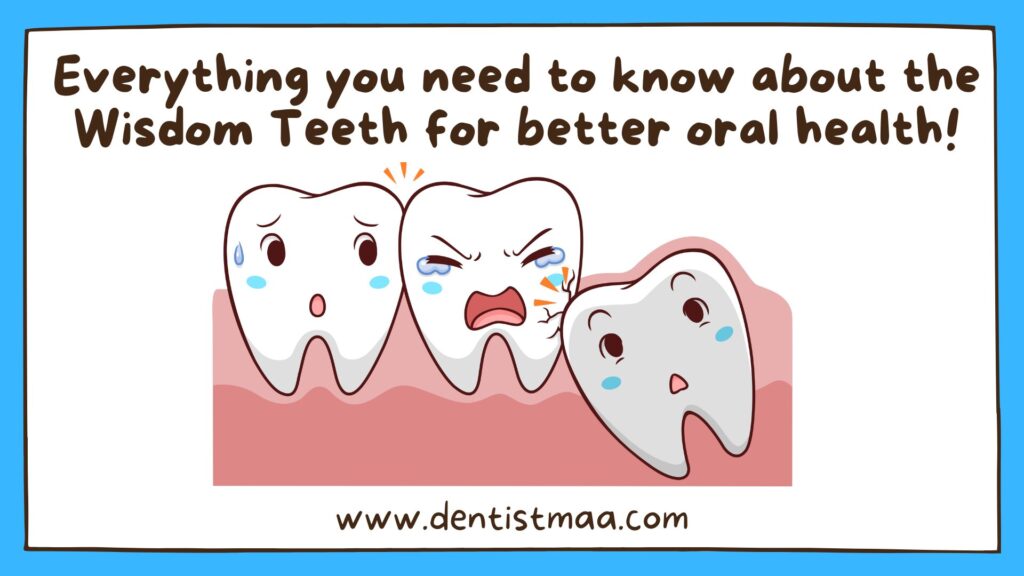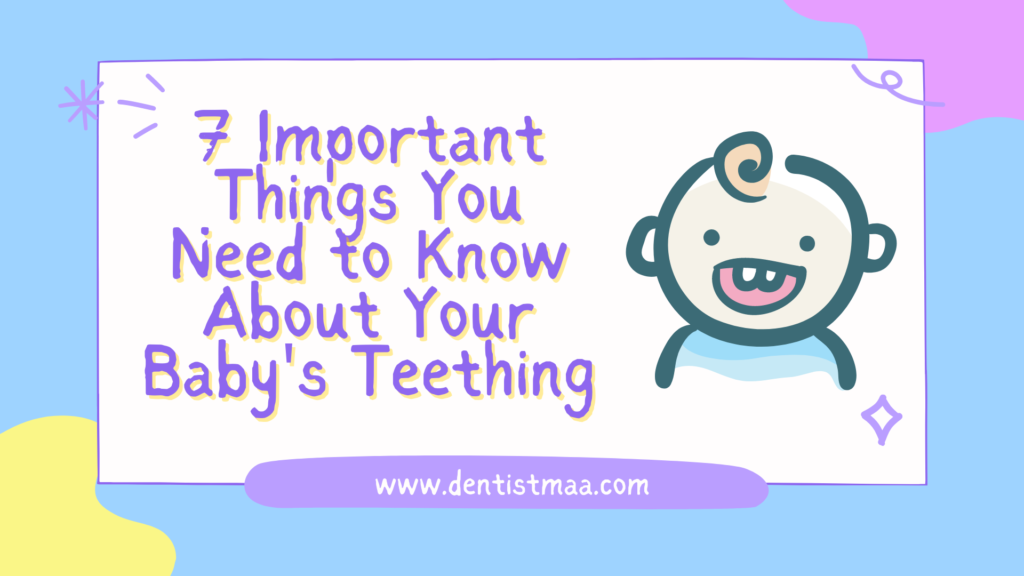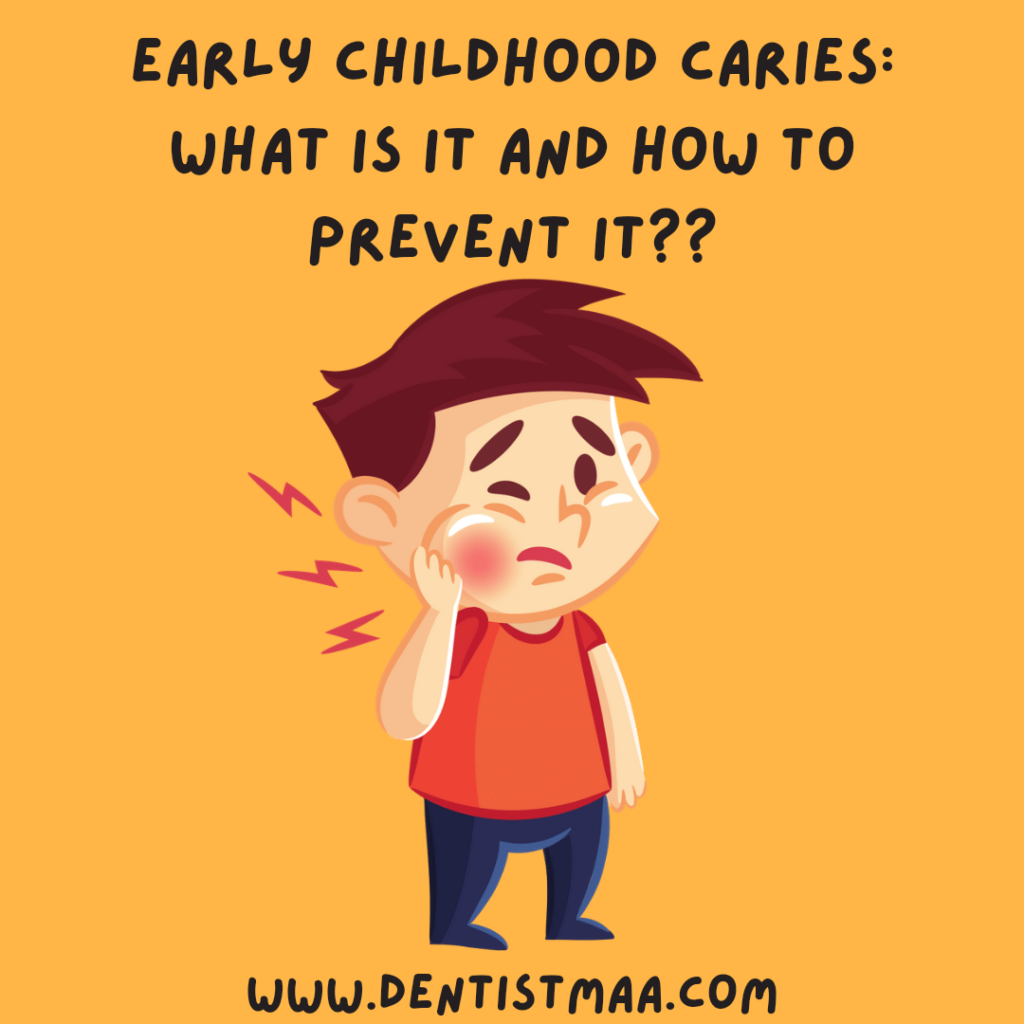Table of Contents

The wisdom teeth are the third molars, that are the last teeth to erupt in your mouth. The age of eruption of wisdom teeth is approximately 17 years to 21 years. Any wisdom teeth that do not erupt at their proper position but are present in the jaw are called Impacted teeth.
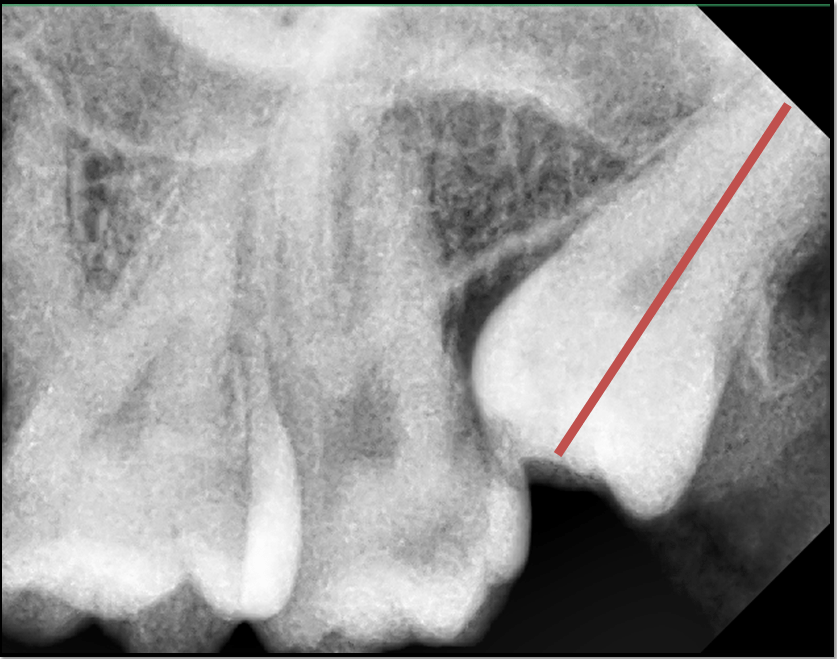
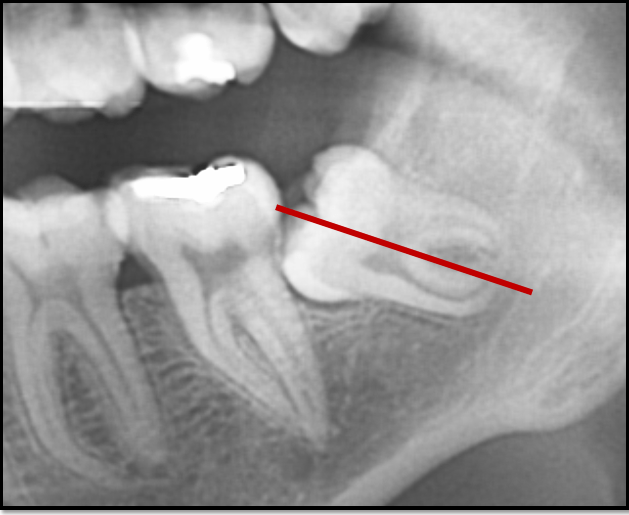
Most of the time there are 4 wisdom teeth in our mouth, 2 in the upper jaw and 2 in the lower jaw. But sometimes, some people do not have all of them.
An impacted wisdom tooth can either be completely inside the jaw bone or break through the soft tissue partially. The tooth can erupt in different angulation which causes the tooth to get stuck in the jaw bone many times. Another cause for the tooth to be impacted is less space available for it as it is the last one to erupt. According to many theories, evolution has caused the jaw size in humans to decrease leaving less space for wisdom teeth to erupt.
How do I know if I have my Wisdom Tooth or not?
Including the wisdom teeth, there are a total of 32 teeth in our mouth. You can count the number of teeth in your mouth and if the total is 32 then you have all your wisdom teeth.
Sometimes, a few of your other teeth like the lateral incisors are missing by birth or you might have lost your teeth in an accident or due to cavities. This might reduce the number of teeth you have, despite the wisdom teeth being present.
In that case, you can check your molar teeth. Each side of your mouth has 3 molars if the wisdom teeth are included, 3 in the right and left upper jaw each and 3 in the right and left lower jaw each. So, you can count your molars, to be 12 in number. In case you have lost a molar due to a cavity which is the case most of the time when the tooth is missing, you would know.
Or, you can visit a dentist for a routine dental examination which is mandatory at least once every 6 months and your doctor will let you know if you have your wisdom teeth and if you need to do anything regarding them. Sometimes the wisdom tooth is completely impacted which only your dentist can tell you about after taking the X-rays.
How do I know if my Wisdom Tooth is Impacted?
If your tooth is only partially visible then it is impacted. You will have to visit your dentist to know for sure if your tooth is impacted as your dentist will take proper X-rays and examine clinically and let you know. In case you need to get the tooth removed, your doctor will send you to an Oral and Maxillofacial Surgeon who are experts in this field and will help you remove your tooth if necessary. The tooth might be removed due to wisdom tooth infection or maybe because your tooth might cause infection to the adjacent teeth which can be prevented if found early.
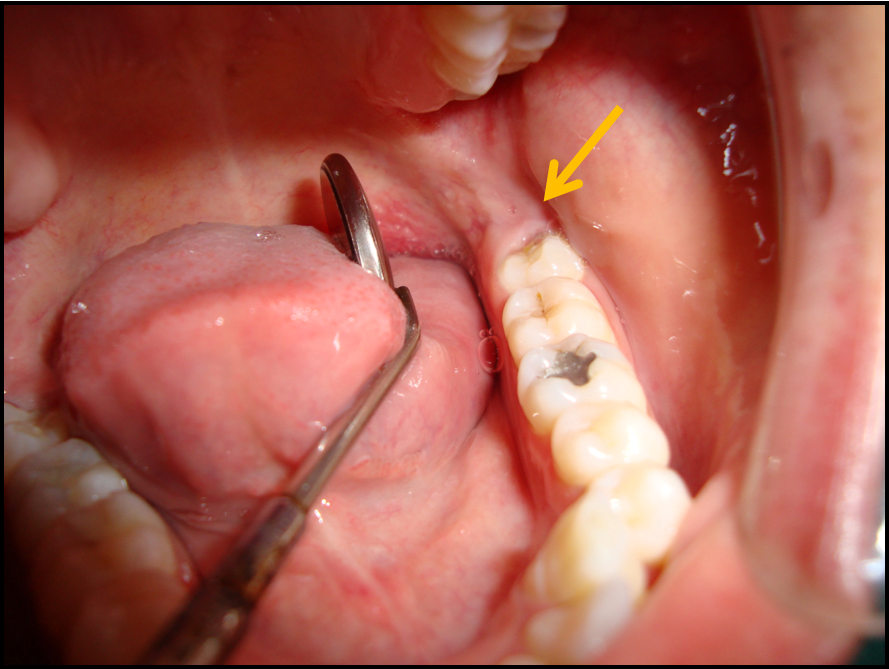
Why do I need to get my Wisdom tooth removed?
The wisdom teeth are likely the one to get infected due to various reasons:
1. There is no space for them to grow or come out of the jaw bone so they tend to be in a different direction to the adjacent molar.
2. The tooth might be completely located inside your jawbone. This leads to the formation of a cyst around the tooth which can grow to enormous size and form even tumors.
3. The tooth might be angulated which causes food to get wedged between the two teeth i.e. the wisdom tooth and the tooth before that, as it is difficult to brush and keep clean in that area. This causes tooth decay in the adjacent molar as well.
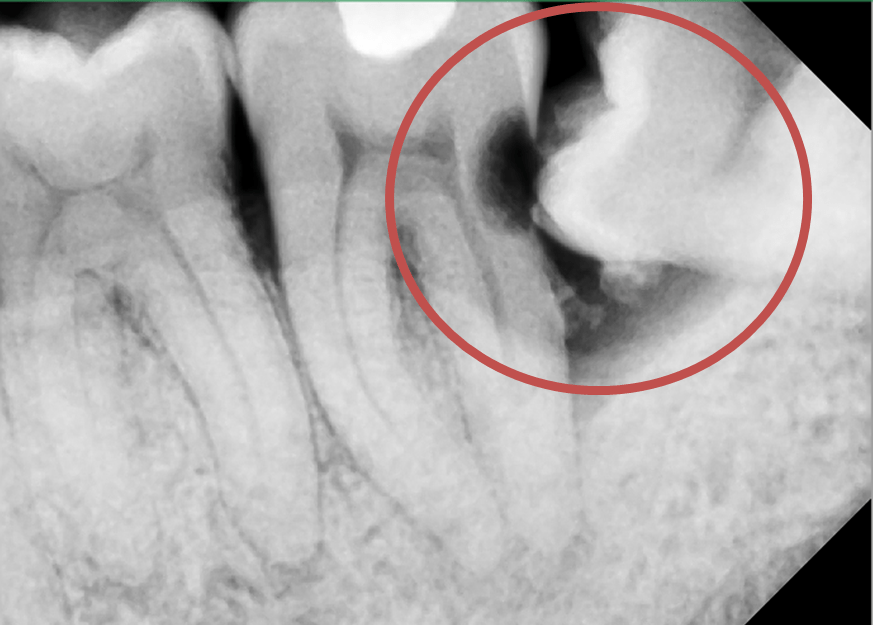
4. The soft tissue over the wisdom teeth can be inflamed as the tooth in the upper jaw might be hitting the soft tissue. This is called a pericoronal flap and leads to Pericoronitis.
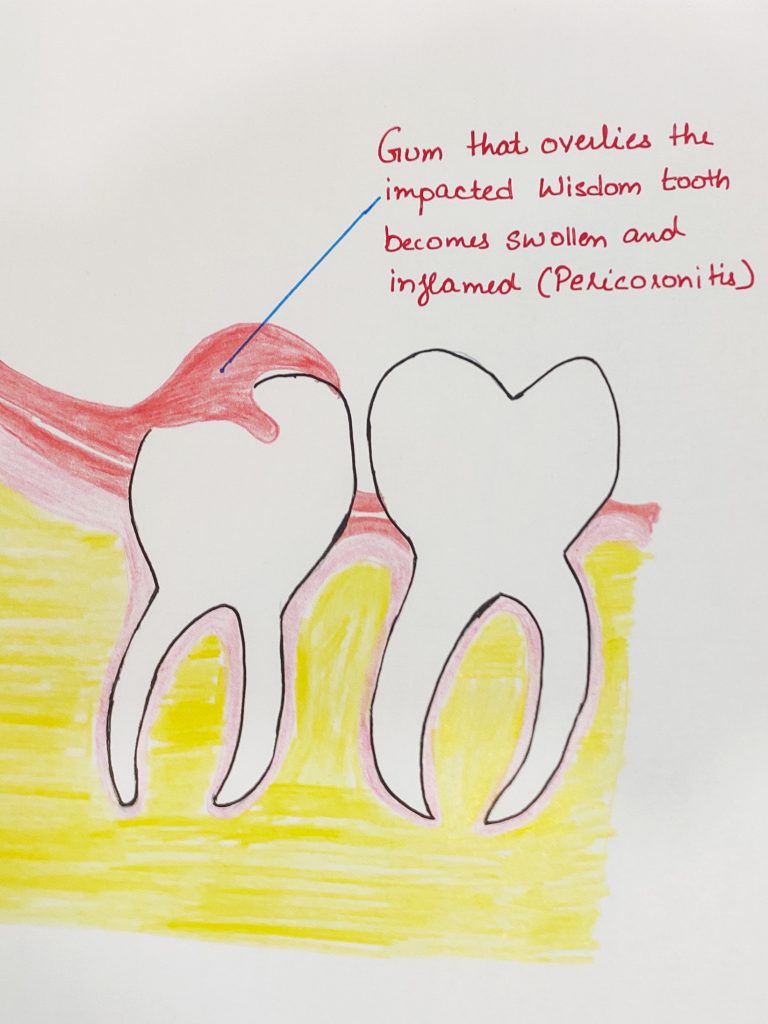
5. If you have the upper and the lower wisdom teeth, then sometimes due to less space you might be having cheek biting which is painful and also leads to reduced opening of your mouth.
Due to all or any of the above-mentioned reasons your doctor might advise you to get a Wisdom Tooth Removal done.
Till when can I wait before getting my Wisdom Tooth Extracted?
If you are having any of the above symptoms then it is better to get the tooth removed as soon as possible.
The tooth can be removed immediately after the crown portion of the tooth is formed.
Some individuals do not have any problem at all with the wisdom tooth, so there is no need for extraction in such cases.
What are the symptoms of Impacted Wisdom Teeth?
Sometimes there won’t be any symptoms at all, and you would not even know if your tooth has erupted or not.
But once the tooth gets infected or is not able to erupt properly, the symptoms will start.
1. Pain and tenderness in the region of the tooth: This will be due to inflammation of the gums over it due to cheek biting or both.
2. Pain and tenderness in the jaw: Your jaw might be painful to touch in the posterior region (region of the wisdom tooth) even from outside.
3. Bleeding gums: Bleeding gums can be seen in that region due to inflammation during brushing or eating something hard
4. Swelling: Swelling both inside and outside of the jaw can be seen which can be due to a cyst or an abscess (pus-filled cavity)
5. Change of taste: There can be a bad taste in the mouth, which can be due to the pus release from the soft tissue or to keeping the mouth closed for a long time due to pain.
6. Difficulty in mouth opening: Due to cheek biting or swelling, there can be difficulty in opening the mouth wide.
7. Bad breath: Pain, swelling, pus discharge and keeping the mouth closed can all collectively cause bad breath.
When do I need to visit a dentist?
It is always better to have a dental visit once every 6 months. A dental visit helps you rule out any initial dental problem you might be having before it starts paining (as that is the main reason a person visits a dentist).
Once you start having any kind of discomfort in the back side of your upper or lower jaw it is time to visit a dentist without any delay. For even the smallest problem as small as food impaction in that region it is best to have a dental visit. The dentist will guide you after checking clinically what needs to be done.
What if I don’t get my wisdom tooth removed?
Sometimes our doctor mentions a small surgery might be required to get the wisdom tooth out. This scares us and we find all the ways to prevent the removal of the wisdom tooth as it was only causing minor problems as of now. But this might not be the case and the problems might increase in the future.
- You might get a cavity in the tooth which will eventually start paining and then you will have to get the tooth removed. You can opt for a root canal treatment ( https://dentistmaa.com/decayed-wisdom-tooth-prevention/ ), but in most cases that is not the case as the mouth opening and the space to work in, in that region is very less limited. So, the only solution left is the extraction of the tooth, which you could have done before the pain had started. Also, as the cavity grows the tooth might fracture from the crown portion i.e. the portion visible in the mouth. This makes it even more difficult for the tooth to be extracted,
2. If your tooth had come in angulation to your adjacent molar, there might be an accumulation of food between the two teeth which will cause your second molar to decay and finally go for either a filling or a root canal treatment. So, you will have to go for treatment of two teeth, rather than one.
3. The wisdom tooth develops in the sacs and sometimes when the tooth doesn’t erupt the sac might change into a cyst or even a tumour in some cases. So, in case that is seen in the x-ray, you should immediately get it removed from an oral and maxillofacial surgeon.
4. Cheek biting is another problem that a third molar causes. Not only is it painful but also reduces your mouth opening making it difficult to chew anything properly.
Not getting your wisdom teeth removed when it is required is only temporary and you will eventually have to get the extractions done.
How painful is a third molar surgery?
A third molar surgery is always done under anaesthesia. If you are really scared you can search for a dentist who uses conscious sedation which makes you feel more relaxed during the procedure.
After the anesthesia has been given you will not feel any pain at all. Yes, you might feel a little discomfort because of all the instruments that are there in your mouth during the procedure.
What precautions do I need to take after the surgery?
After the surgery is done, your doctor will pack the extraction site with some moist gauze piece or cotton for the next 15-20 minutes to avoid any bleeding post-operatively.
- You will remove that cotton after washing your hands and discard it in the dustbin. Do not spit it out.
- For the first 24 hours:
– Do not spit
– Do not rinse
– Avoid Brushing, so that you do not have to spit
– Take cold fluids or food at room temperature only
– Drink a glass of water after every meal
– Apply cold compression from outside near the angle of your lower jaw in case of lower wisdom tooth extraction
– Do not use a straw
– Do not sleep on the side of extraction - After 24 hours:
– Brush your teeth
– Start rinsing with warm water with salt 4-5 times a day for 7-10days - Avoid smoking and drinking
- Make sure you do not get hurt in the region of surgery (extra orally)
- Follow your doctor’s advice regarding the medication that he or she might have prescribed
- Visit your dentist after 7-10 days for suture removal.
Which speciality of dentist should I visit for my treatment?
Oral and Maxillofacial surgeons are the experts in the surgical as well as normal extractions of the third molar i.e. the wisdom teeth.
Will I be free of pain after the removal of my third molar?
As there would be a wound (extraction socket) after the extraction is done, you might feel pain and discomfort for a few days after the extraction of your wisdom tooth. But eventually, you will be pain-free which was due to the tooth before the extraction.
This was a little wisdom on wisdom teeth.
For further details, you can contact us on 32Sparklets@gmail.com
+91 9501015088 / +91 9646805088

